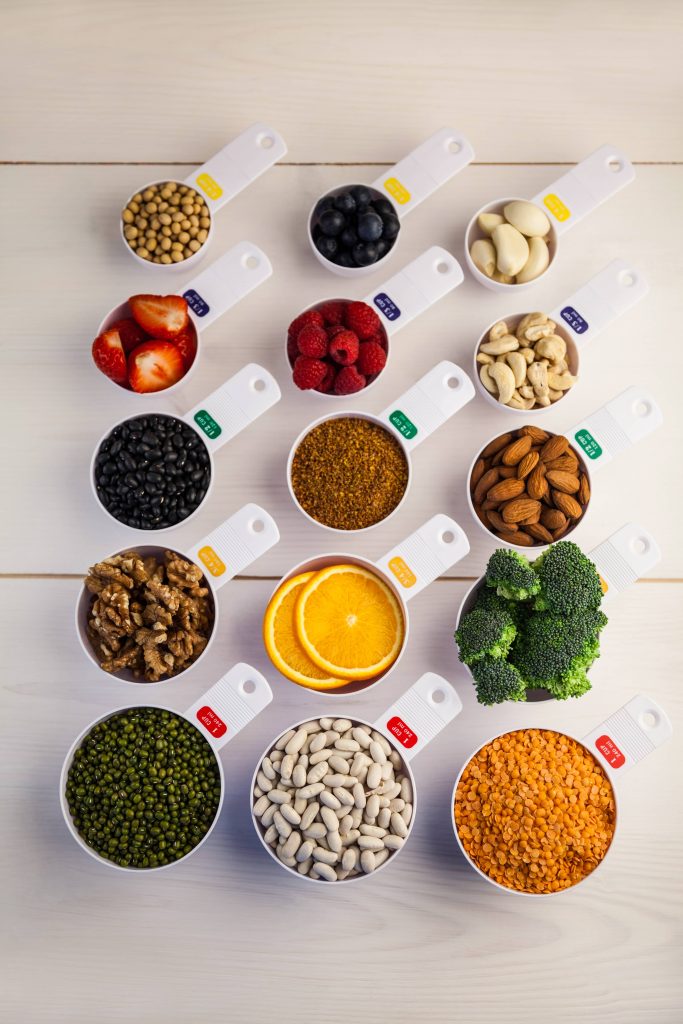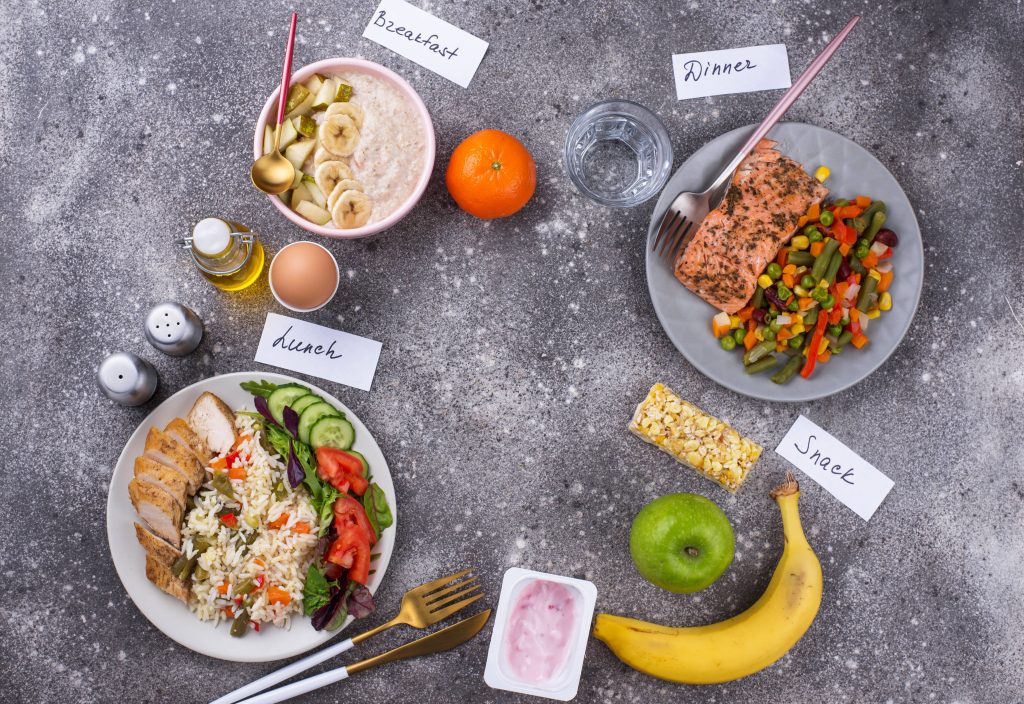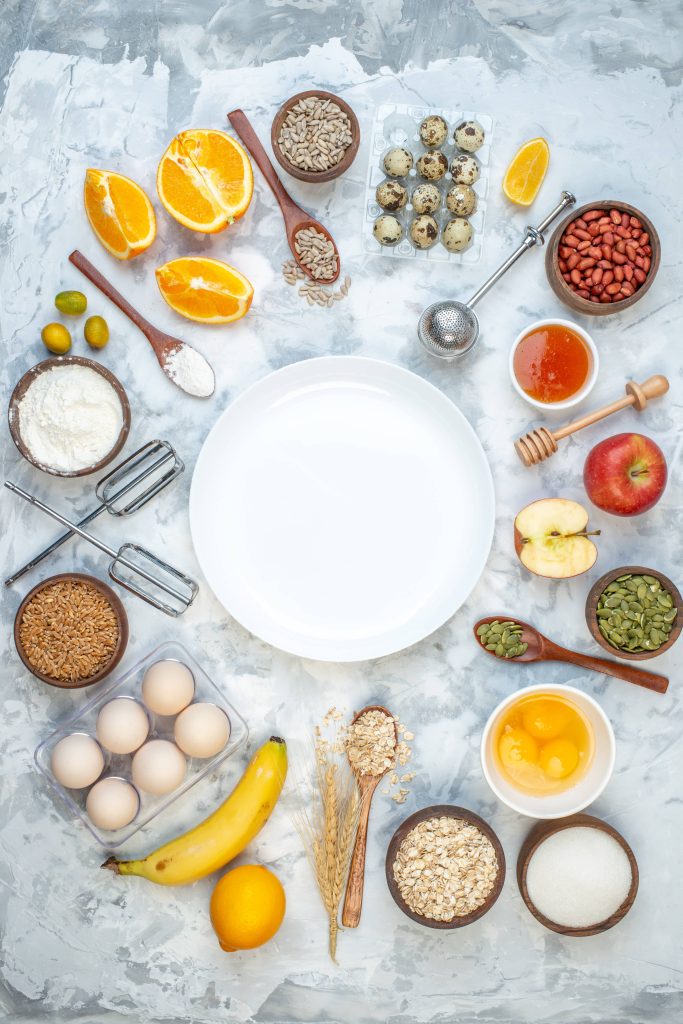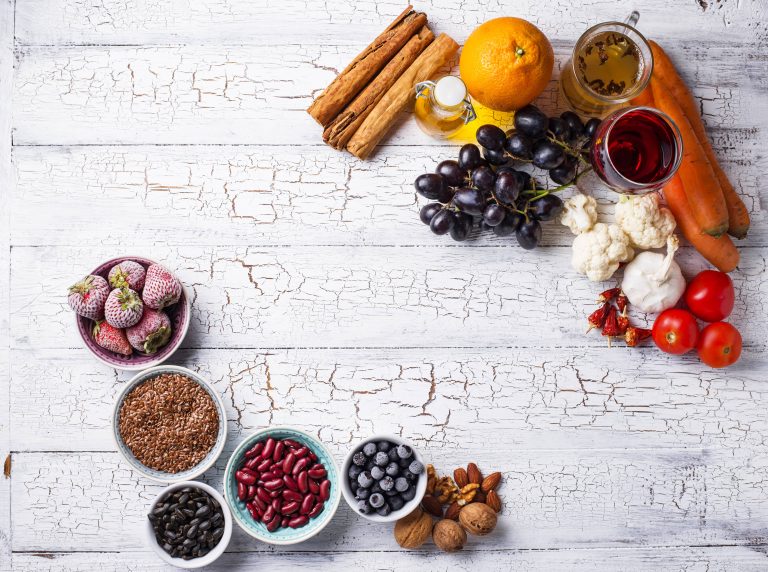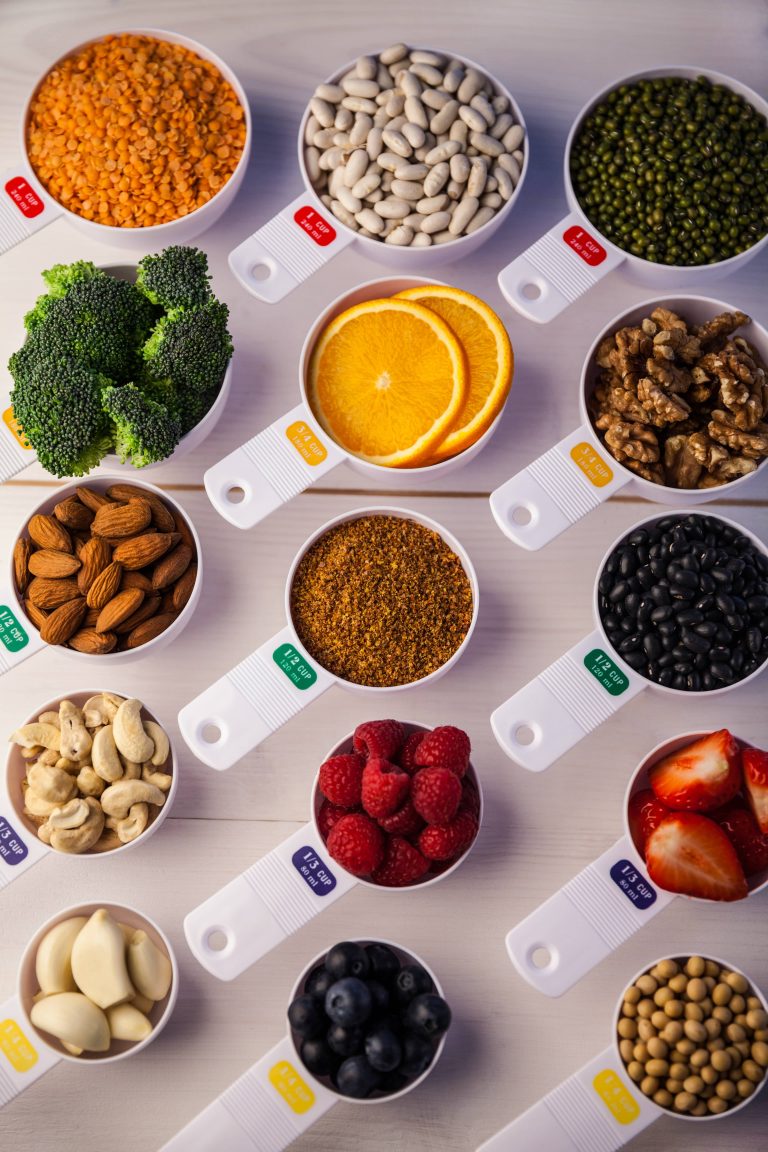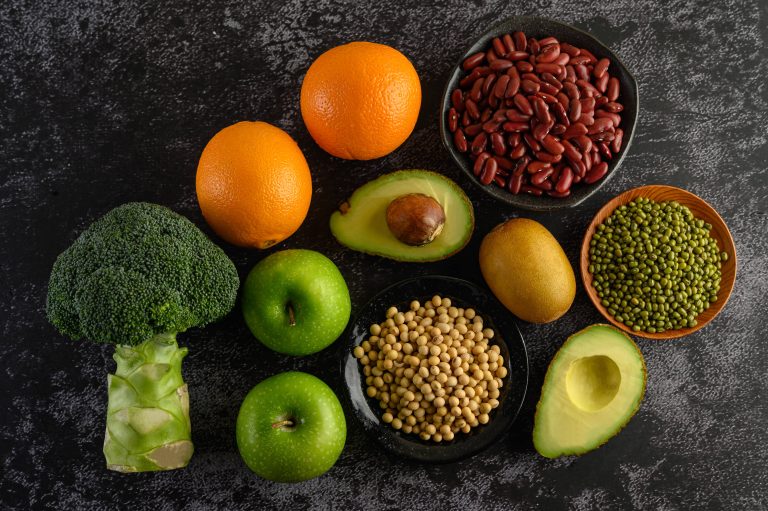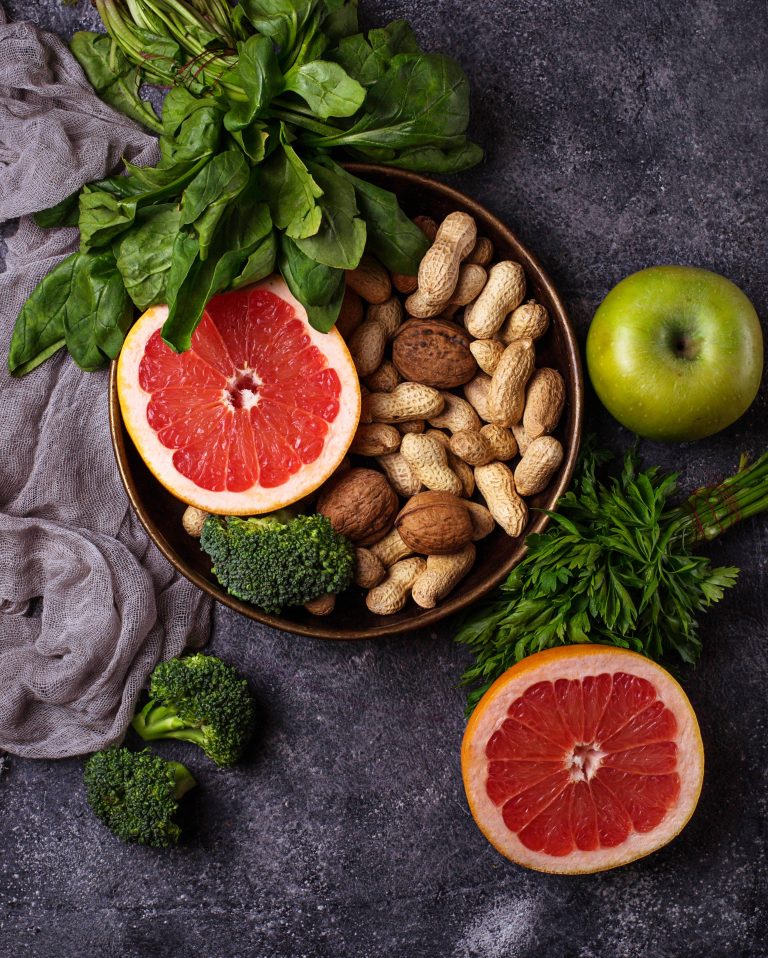
In our fast-paced world, sleep often takes a backseat to the demands of daily life. Yet, quality sleep is crucial for maintaining optimal health and well-being. While many factors influence sleep, one often overlooked aspect is diet. What you eat can significantly impact your sleep quality, duration, and overall restfulness. In this blog post, we’ll explore how you can transform your diet to unlock restful nights and achieve superior sleep.
Understanding the Sleep-Diet Connection
Before diving into specific dietary changes, it’s essential to understand the connection between sleep and diet. Sleep is a complex process regulated by various factors, including hormones, neurotransmitters, and circadian rhythms. Nutrition plays a vital role in these processes, influencing the production and regulation of sleep-related hormones like melatonin and serotonin.
Melatonin is a hormone that regulates sleep-wake cycles. It’s produced in the brain’s pineal gland and is influenced by light exposure and dietary intake. Serotonin, a neurotransmitter, is a precursor to melatonin and is involved in mood regulation and sleep.
Nutrients That Promote Better Sleep
1. Tryptophan: This essential amino acid is a precursor to serotonin and melatonin. Foods rich in tryptophan include turkey, chicken, eggs, nuts, seeds, and dairy products. Incorporating these foods into your evening meals can help boost melatonin production and improve sleep quality.
2. Magnesium: Known as the “relaxation mineral,” magnesium helps calm the nervous system and regulate melatonin production. Foods high in magnesium include leafy greens, nuts, seeds, whole grains, and legumes. A magnesium-rich diet can help reduce insomnia and promote deeper sleep.
3. Calcium: This mineral works with magnesium to help the brain use tryptophan to produce melatonin. Dairy products, leafy greens, and fortified plant-based milks are excellent sources of calcium.
4. Vitamin B6: This vitamin is crucial for converting tryptophan into serotonin. Foods rich in vitamin B6 include fish, poultry, potatoes, bananas, and chickpeas. Ensuring adequate intake of vitamin B6 can support serotonin production and improve sleep.
5. Omega-3 Fatty Acids: These healthy fats, found in fatty fish like salmon, mackerel, and sardines, as well as flaxseeds and walnuts, can help reduce inflammation and improve sleep quality. Omega-3s are also linked to increased production of serotonin.
Foods to Avoid for Better Sleep
Just as certain foods can promote better sleep, others can hinder it. Here are some dietary culprits to watch out for:
1. Caffeine: Found in coffee, tea, chocolate, and some medications, caffeine is a stimulant that can interfere with sleep. It’s best to limit caffeine intake, especially in the afternoon and evening.
2. Alcohol: While alcohol may initially make you feel sleepy, it can disrupt sleep cycles and reduce sleep quality. Limiting alcohol consumption, particularly close to bedtime, can help improve sleep.
3. Sugary Foods and Refined Carbs: High sugar intake can lead to blood sugar spikes and crashes, affecting sleep quality. Opt for whole grains and complex carbohydrates instead of refined sugars and flours.
4. Spicy and Acidic Foods: These can cause heartburn and indigestion, making it difficult to fall asleep. Avoiding spicy and acidic foods in the evening can help prevent sleep disruptions.
Creating a Sleep-Friendly Diet Plan
To transform your diet for superior sleep, consider incorporating the following strategies:
1. Balanced Meals: Aim for balanced meals that include a mix of protein, healthy fats, and complex carbohydrates. This combination can help stabilize blood sugar levels and promote the production of sleep-supporting hormones.
2. Evening Snacks: If you find yourself hungry before bed, opt for a light snack that includes tryptophan-rich foods, such as a small bowl of yogurt with nuts or a banana with almond butter.
3. Hydration: Staying hydrated is essential for overall health, but it’s important to avoid excessive fluid intake close to bedtime to prevent nighttime awakenings.
4. Consistent Meal Times: Eating meals at regular intervals can help regulate your body’s internal clock and support a healthy sleep-wake cycle.
Lifestyle Tips for Better Sleep
In addition to dietary changes, consider these lifestyle tips to enhance your sleep quality:
1. Establish a Sleep Routine: Going to bed and waking up at the same time each day can help regulate your body’s internal clock.
2. Create a Relaxing Bedtime Environment: Ensure your bedroom is conducive to sleep by keeping it cool, dark, and quiet. Consider using blackout curtains, earplugs, or a white noise machine if needed.
3. Limit Screen Time: The blue light emitted by screens can interfere with melatonin production. Try to avoid screens at least an hour before bedtime.
4. Practice Relaxation Techniques: Incorporate relaxation techniques such as deep breathing, meditation, or gentle yoga into your bedtime routine to help calm your mind and body.
Conclusion
Transforming your diet can be a powerful tool in unlocking restful nights and achieving superior sleep. By incorporating sleep-promoting nutrients, avoiding sleep-disrupting foods, and adopting healthy lifestyle habits, you can improve your sleep quality and overall well-being. Remember, small changes can make a big difference, so start by making one or two adjustments and gradually build from there. Sweet dreams!


